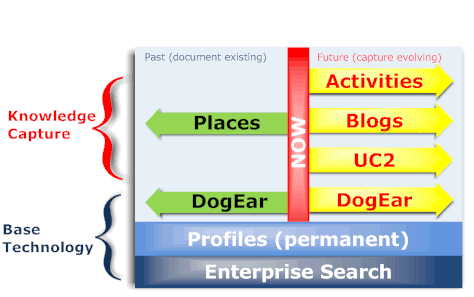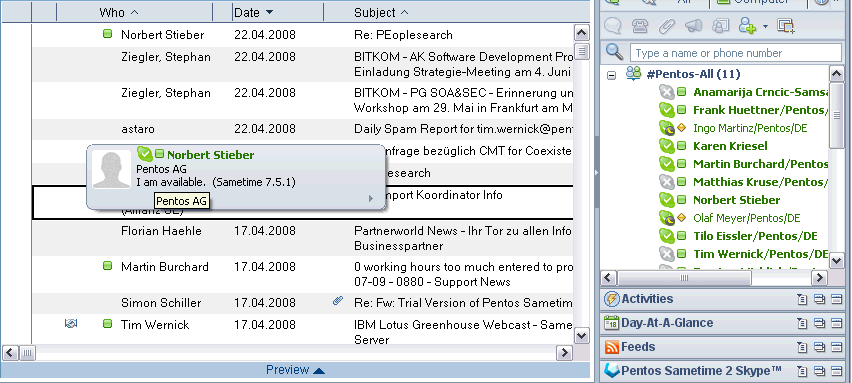You never actually ...
You merely take a short breath before the next patch cycle.
Sorry Patek
Posted by Stephan H Wissel on 28 May 2008 | Comments (0) | categories: Software
Usability - Productivity - Business - The web - Singapore & Twins
Posted by Stephan H Wissel on 28 May 2008 | Comments (0) | categories: Software
Posted by Stephan H Wissel on 27 May 2008 | Comments (0) | categories: Business
Posted by Stephan H Wissel on 27 May 2008 | Comments (0) | categories: After hours
Posted by Stephan H Wissel on 26 May 2008 | Comments (2) | categories: Business
Posted by Stephan H Wissel on 24 May 2008 | Comments (1) | categories: After hours
Posted by Stephan H Wissel on 24 May 2008 | Comments (1) | categories: After hours
Posted by Stephan H Wissel on 16 May 2008 | Comments (0) | categories: Travel
Posted by Stephan H Wissel on 16 May 2008 | Comments (2) | categories: Intercultural

Posted by Stephan H Wissel on 15 May 2008 | Comments (0) | categories: IBM - Lotus

Posted by Stephan H Wissel on 04 May 2008 | Comments (1) | categories: SYWTBADD
Posted by Stephan H Wissel on 03 May 2008 | Comments (2) | categories: IBM - Lotus IBM Notes Lotus Notes

Posted by Stephan H Wissel on 02 May 2008 | Comments (0) | categories: IBM Notes Lotus Notes